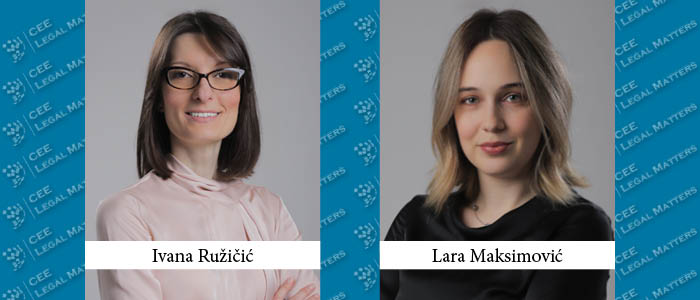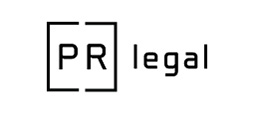The Commission for Protection of Competition (“CPC”) and the Republic Secretariat for Public Policy (RSPP), in cooperation with the Organization for Economic Cooperation and Development (OECD), enacted a while back a Control List for Assessing the Impact of Regulations on Competition (“Control List”), which establishes whether a specific proposal or draft regulation could lead to competition distortion in the market.
Indeed, competition law has a significant impact on numerous economic and social areas, such as energy, construction, healthcare, education, tourism, and similar sectors. Therefore, when drafting regulations that govern these matters, it is important to consider the competition factor. The Control List was created with the aim of facilitating this task for authorities and consequently improving competition protection in the market.
The Control List is a list of questions that help assess whether a particular regulation may have a negative impact in this regard, serving as a tool to identify potential market issues. Namely, if it is determined based on the Control List that a certain proposal or draft regulation could disrupt competition, it is necessary to submit it to the CPC for analysis and opinion.
In accordance with the Control List, it is considered that a proposal or draft regulation may have an impact on competition in the market if the answer to any of the following three questions is positive:
- Does the proposal/draft regulation directly or indirectly limit the number or type of traders, i.e., suppliers or buyers, or enable a dominant position for certain participants in the market?
- Does the proposal/draft regulation reduce the possibility or incentives for market competition or allow collusion between market participants?
- Does the proposal/draft regulation facilitate discrimination against certain economic entities?
Additionally, the control list includes instructions on when it is necessary to respond “YES” to the above-listed questions.
This article is to be considered as exclusively informative, with no intention to provide legal advice. If you should need additional information, please contact us directly.
By Ivana Ruzicic, Managing Partner, and Lara Maksimovic, Senior Associate, PR Legal


